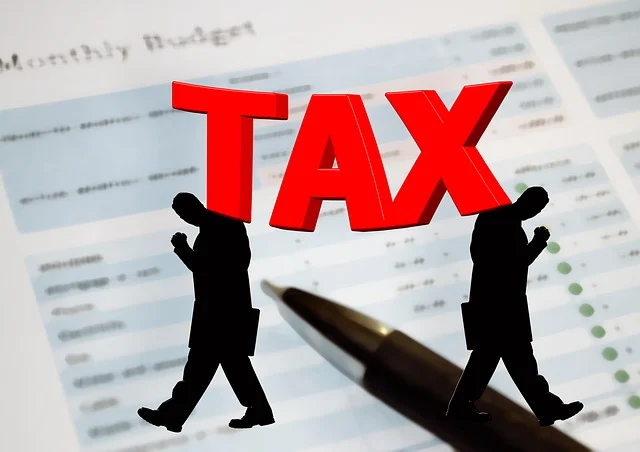How to File Your Corporate Tax Return in Dubai
Filing your corporate tax return in Dubai is a critical task that ensures compliance with the UAE’s tax regulations. Here’s a step-by-step guide to help you navigate the process efficiently.
Register for Corporate Tax
Visit the Federal Tax Authority (FTA) Portal
Go to the Federal Tax Authority’s online portal to begin the registration process.
Create an Account
If you do not already have an account, create one by providing your business details, including your trade license information and financial details.
Complete the Registration Form
File my corporation tax return form with accurate information about your business.
Receive Your Tax Registration Number (TRN)
Once your registration is processed, you will receive a TRN, which is essential for filing your corporate tax return.
Maintain Accurate Financial Records
Keeping detailed and accurate financial records is essential for calculating taxable profits and filing your tax return. Make sure to maintain records of:
- Revenue: Invoices, sales receipts, and other income documentation.
- Expenses: Receipts, bills, and invoices for business expenses such as salaries, rent, utilities, and operational costs.
- Assets and Liabilities: Documentation of business assets and liabilities, including depreciation schedules.

Calculate Taxable Profits
Determine your taxable profits by calculating your net income, which involves subtracting allowable business expenses from your total revenue. Ensure you account for:
- Allowable Deductions: Business expenses directly related to operations, such as employee salaries, rent, utilities, and depreciation.
- Non-Deductible Expenses: Personal expenses, fines, and penalties, which generally cannot be deducted.
Complete the Corporate Tax Return Form
Gather Required Information
You will need your business name, address, TRN, total revenue, allowable business expenses, and calculated taxable profits.
Fill Out the Tax Return Form
Log in to the FTA portal and fill out the corporate tax return form with the required details:
- Business Information: Your business name, address, and TRN.
- Income Details: Total revenue earned during the financial year.
- Expense Details: Itemized list of allowable business expenses.
- Taxable Profits: Net income after deducting allowable expenses from total revenue.
- Tax Calculation: The amount of corporate tax payable based on your taxable profits.
Submit the Corporate Tax Return
Review the Form
Double-check all details to ensure accuracy before submitting the form.
Submit Electronically
Submit the completed form and any required supporting documents electronically through the FTA portal.
Pay the Corporate Tax Due
Determine the Payment Amount
Calculate the total tax due based on your taxable profits.
Choose a Payment Method
The FTA portal offers various payment options, including bank transfers and online payments.
Complete the Payment
Make the payment through your chosen method by the deadline, which is nine months from the end of your financial year.
Ensure Ongoing Compliance
To avoid penalties and ensure ongoing compliance:
- Maintain Updated Financial Records: Continuously update your financial records to reflect current business activities.
- Stay Informed About Tax Regulations: Keep up-to-date with any changes in tax regulations that may affect your business.
- Seek Professional Assistance: Consider hiring a tax advisor or accountant to help with complex tax matters and ensure accurate filing.
Conclusion
Filing your corporate tax return in Dubai involves registering with the FTA, maintaining accurate financial records, calculating taxable profits, completing and submitting the tax return form, paying the tax due, and ensuring ongoing compliance. By following these steps, you can navigate the process smoothly and avoid potential penalties. If you need assistance, don’t hesitate to consult a professional tax advisor or accountant to Learn More and ensure accuracy in your filing.